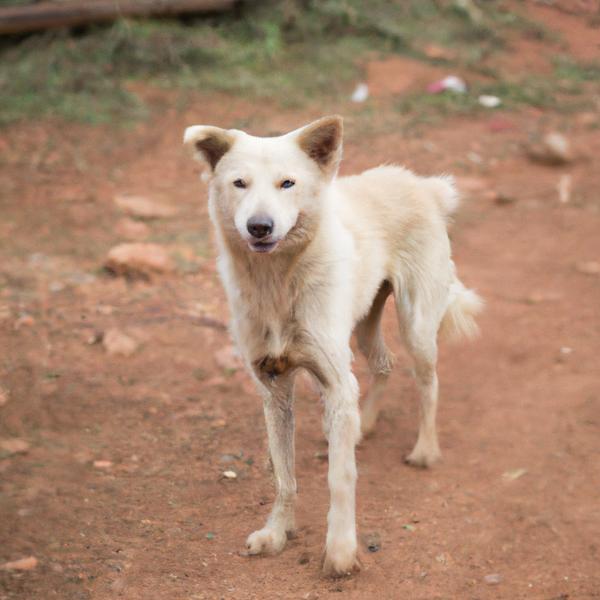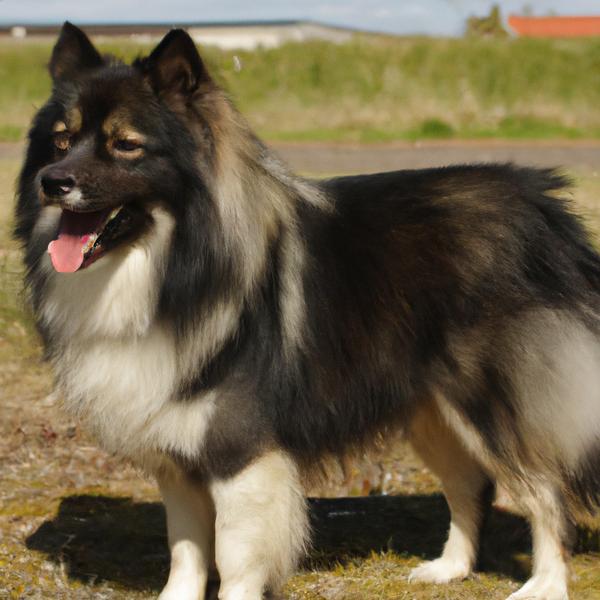Wire Foxker vs. Eskland: Breed Differences and Similarities
Hypoallergenic
Are Wire Foxkers or Esklands hypoallergenic, or neither?
Unfortunately, neither Wire Foxker nor Eskland are hypoallergenic, which may not make them the best choice for dog lovers who suffer from pet allergies.
Temperament
What are the personalities of Wire Foxker and Eskland dogs?
Playful
Alert
Intelligent
Friendly
Affectionate
Quick
Trainable
Bold
Fearless
Keen
Quiet
Faithful
Playful
Independent
Energetic
Protective
Alert
Intelligent
Friendly
Responsive
Affectionate
Lively
Gentle
Shedding Level
Do Wire Foxkers shed more than Esklands, or which breed sheds more, Wire Foxkers or Esklands?
Wire Foxkers are low shedding dogs, requiring minimal coat care.
Esklands are heavy shedders, but regular brushing can help manage shedding and promote a healthy coat.
Ancestry
What are the origins of Wire Foxker and Eskland breeds?
American Cocker Spaniel, Wire Fox Terrier
American Eskimo and Shetland Sheepdog
Date of Birth
When were Wire Foxker and Eskland breeds first developed?
1990s
Unknown
Eye Color Possibilites
What are the eye colors of Wire Foxker and Eskland dogs?
Brown
Brown
Nose Color Possibilites
What are the natural nose colors of Wire Foxker and Eskland?
Black
Black
Coat Color Possibilites
What are the natural colors of the coat for Wire Foxker and Eskland breeds?
Brown
Black
White
Pied
Pied
Brown
Gray
White
Cream
Coat Length
What is the typical coat length for Wire Foxker and Eskland breeds?
Wire Foxkers have medium-length coats.
Esklands have longer coats compared to most dogs.
Coat Density
What is the density of the coat of Wire Foxker and Eskland?
Coat Texture
What is the hair texture of Wire Foxker and Eskland?
Wavy
Straight
Litter Size
What is the usual litter size for Wire Foxker and Eskland?
A Wire Foxker can have a litter of 6-8 puppies on average. However, it's worth noting that the size of the litters can vary greatly. Factors that can influence litter size include the health of the mother, breeding history, and genetics.
An Eskland can have a litter of 4-6 puppies on average. However, it's worth noting that the size of the litters can vary greatly. Factors that can influence litter size include the health of the mother, breeding history, and genetics.
Adaptability
Wire Foxkers are highly adaptable and versatile, making them excellent companions for families and individuals of all lifestyles.
Esklands are known for their adaptability and can adjust well to different environments and lifestyle changes.
Health Issues
Between Wire Foxker and Eskland, which breed is more prone to health problems?
Wire Foxker and Eskland breeds are generally considered to be healthy. However, like all breeds, they are susceptible to certain health issues and it is important to keep an eye out for them and address them with your veterinarian as needed.
Major Concerns
What are the major health concerns for Wire Foxker and Eskland breeds?
Hypothyroidism
Hip Dysplasia
Dermatomyositis
Von Willebrand's Disease
Pancreatitis
Minor Concerns
What minor health issues should be kept in mind when owning Wire Foxker and Eskland?
Progressive Retinal Atrophy
Cataracts
Retinal Dysplasia
Hypothyroidism
Atopy Dermatitis
Occasional Tests
What occasional tests are recommended for Wire Foxker and Eskland breeds?
X-Rays
Physical Examination
Serum Chemistry
Complete Blood Count
Eye Examination
Physical Examination
Radiographs
Social Needs
Wire Foxker vs Eskland social needs comparison
Wire Foxker and Eskland have very high social needs. These needs include regular mental and physical stimulation, a job or purpose, and companionship. They thrive in environments where they have a lot of interaction with humans and other dogs.
Sleeping Need
Which of the two sleeps the most/least: Wire Foxker or Eskland?
Wire Foxkers are active and require sufficient sleep to stay healthy.
Esklands sleep less than other breeds but still need adequate sleep for good health.
Mouthiness
Mouthiness Comparison: Wire Foxker vs Eskland?
Roaming urge
Wire Foxker vs Labrador: Running away tendency?
Prey Drive
Wire Foxker or Eskland - which breed has a higher level of prey drive?
Activity Level
Which breed has higher energy, Wire Foxkers or Esklands?
Wire Foxkers are medium-energy dogs and typically enjoy socializing and playing casual or even sustained games of chase with other dogs. They may also have occasional periods of barking or racing around the house.
Esklands are high-energy dogs. They need mental as well as physical exercise. These dogs require a lot of your involvement and without it they can, and will, become problematic dogs.
Tolerance of being left alone
Walks per Week
How many miles should Wire Foxker or Eskland walk each week?
There's really no limit to how far you walk your dog as long as they're comfortable. For Wire Foxker, it's at least 9 miles / week. Just remember to build distance and stamina gradually over time.
There's really no limit to how far you walk your dog as long as they're comfortable. For Eskland, it's at least 10 miles / week. Just remember to build distance and stamina gradually over time.
Activity per Day
Do Wire Foxkers or Esklands require more exercise?
In general most Wire Foxkers usually need at least 40 minutes of exercise daily. This can be spread across the day and include all sorts of high-energy activities, like walking, running and playing.
In general most Esklands usually need at least 120 minutes of exercise daily. This can be spread across the day and include all sorts of high-energy activities, like walking, running and playing.
Grooming
Which breed is easier to maintain in terms of grooming, Wire Foxkers or Esklands?
The Wire Foxker requires an average amount of grooming compared to other breeds.
Esklands require significant grooming, including regular trims and professional grooming assistance to maintain their coat. They may also require frequent bathing to keep their coat and skin healthy.
Brushing Frequency
What is the recommended brushing frequency for Wire Foxker and Eskland dogs?
Ideally, both Wire Foxker and Eskland should be brushed at least 2 or 3 times a week (preferably daily) to improve shedding.
Brushing Tools
What brushing tools are used for Wire Foxkers and Esklands?
Pin Brush
Slicker Brush
Dematter
Nail Clipper
Pin Brush
Slicker Brush
Deshedder
Nail Clipper
Cups
How much food should be given to Wire Foxker or Eskland in cups?
For an average 10-25 pound (5 - 11 kg) Wire Foxker feed 2 cups daily. But, keep in mind, the amount you feed is going to be dependent on the quality of the food you are feeding.
For an average 12-18 pound (5 - 8 kg) Eskland feed 1 cups daily. But, keep in mind, the amount you feed is going to be dependent on the quality of the food you are feeding.
Daily Cost
Which breed has a higher daily cost, Wire Foxker or Eskland?
The average cost of a Wire Foxker is somewhere $1.70 - $2.00 per day.
The average cost of an Eskland is somewhere $1.10 - $1.40 per day.
Monthly Cost
Which breed has a higher monthly cost, Wire Foxker or Eskland?
The average per month expenses of a Wire Foxker is between $48 - $49. This makes an average of $576 - $588 per year. It will be on the higher side when the dog is still small because it will need more frequent visits to the vet, shots.
The average per month expenses of an Eskland is between $35 - $42. This makes an average of $420 - $504 per year. It will be on the higher side when the dog is still small because it will need more frequent visits to the vet, shots.
Sensitivity Level
How do Wire Foxker and Eskland compare in sensitivity?
This breed is sensitive and requires gentle handling and a calm home environment.
This breed is sensitive to its environment and best suited for patient and understanding families with a consistent routine.
Apartment Friendly
Which breed is more apartment-friendly: Wire Foxker or Eskland?
Wire Foxker and Eskland are apartment-friendly dog breeds. They can do perfectly well in apartments providing they are sufficiently exercised and taken out and about as part of their owner's daily lifestyle.
Child Friendly
Do Wire Foxkers or Esklands have a friendlier temperament towards children?
Wire Foxkers make excellent family pets for kids due to their gentle, protective nature and calm temperament.
Esklands are good with kids if socialized and trained from a young age.
Senior-friendly
Which dog is more suitable as a pet for the elderly - Wire Foxker or Eskland?
Cat Friendly
Do Wire Foxker or Eskland breeds have a better compatibility with cats?
Wire Foxkers are average in their friendliness toward cats and tend to do well with them, especially if raised together.
Esklands are good with cats, but early training is needed to prevent chasing behavior.
Dog Friendly
Which breed is more sociable with other dogs: Wire Foxker or Eskland?
Wire Foxkers and Esklands are friendly, active and loyal companions. They generally love to be around other dogs, making them a good family pet for some.
Pet friendly
How do Wire Foxker or Eskland dogs interact with other pets?
Stranger Friendly
Which breed is more friendly with strangers: Wire Foxker or Eskland?
Wire Foxkers are averagely friendly around strangers but benefit from early socialisation.
Esklands are quick to announce strangers and can be standoffish or suspicious.
Playfulness
Which breed is more playful between Wire Foxker and Eskland?
Wire Foxkers are very playful, so adopting an older one might be a better option for a more relaxed experience.
Esklands are a playful breed that needs daily playtime to be happy.
Trainability
How do the trainability levels of Wire Foxkers and Esklands compare?
Wire Foxker and Eskland dogs are known for their ease of training and ability to learn quickly, making them a popular choice for pet owners and trainers alike.
Compare Wire Foxker with other breeds
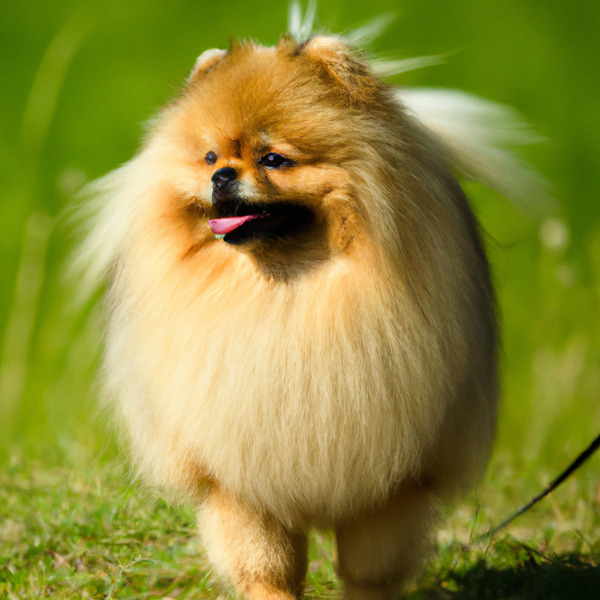
Dameranian
Wire Foxker vs Dameranian
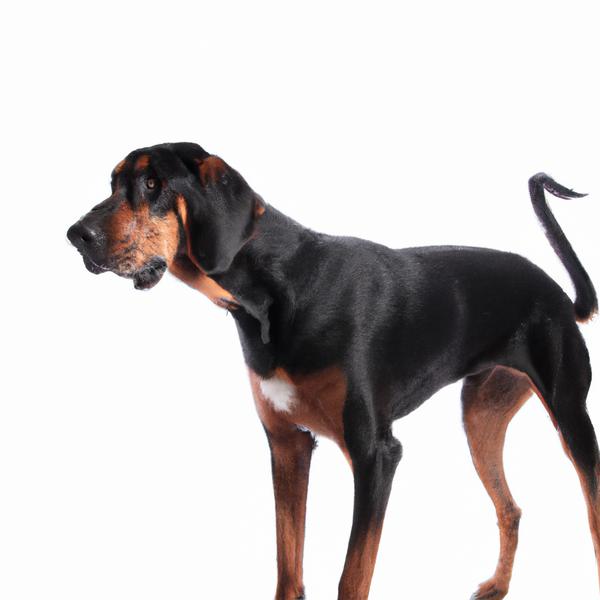
Black and Tan Coonhound
Wire Foxker vs Black and Tan Coonhound
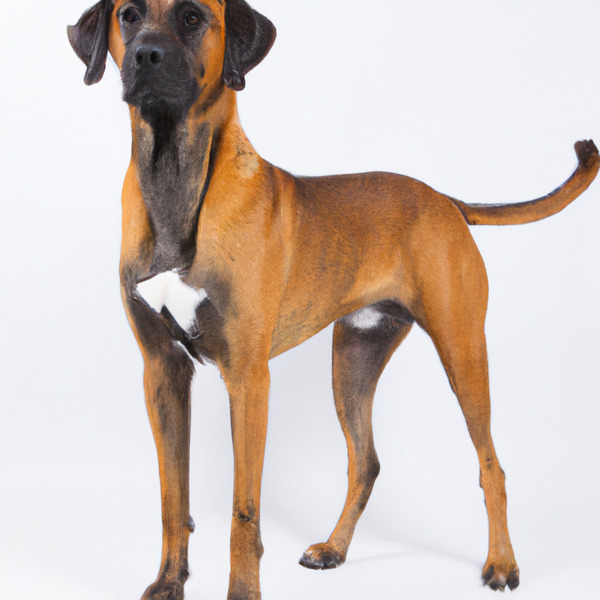
Brug
Wire Foxker vs Brug
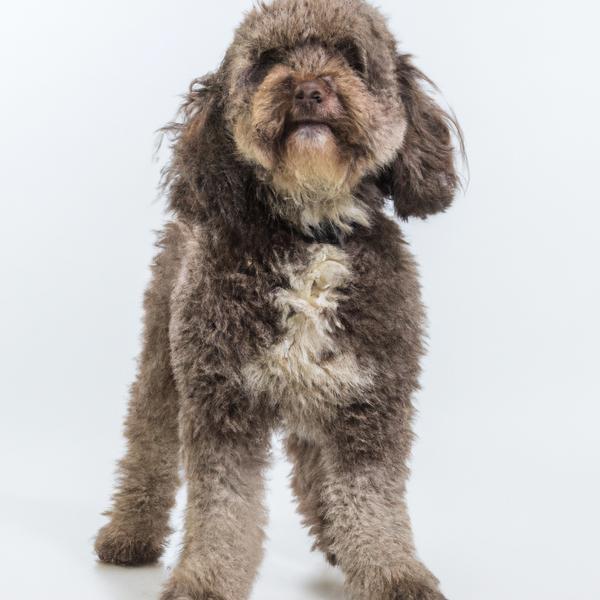
Chesa-Poo
Wire Foxker vs Chesa-Poo
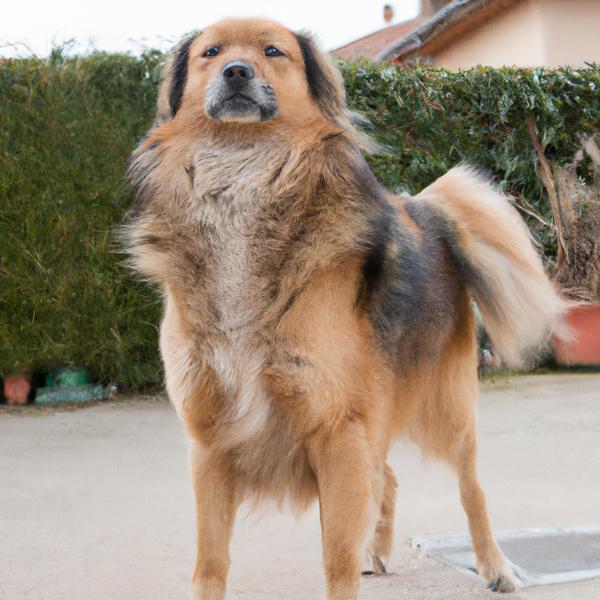
Afollie
Wire Foxker vs Afollie
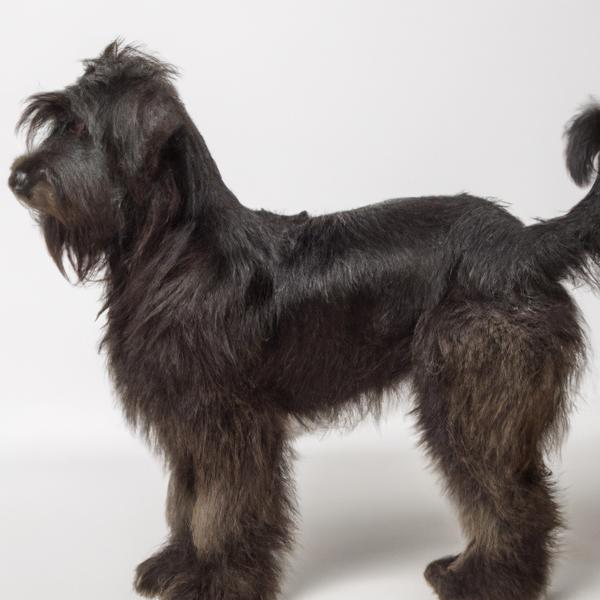
Chonzer
Wire Foxker vs Chonzer
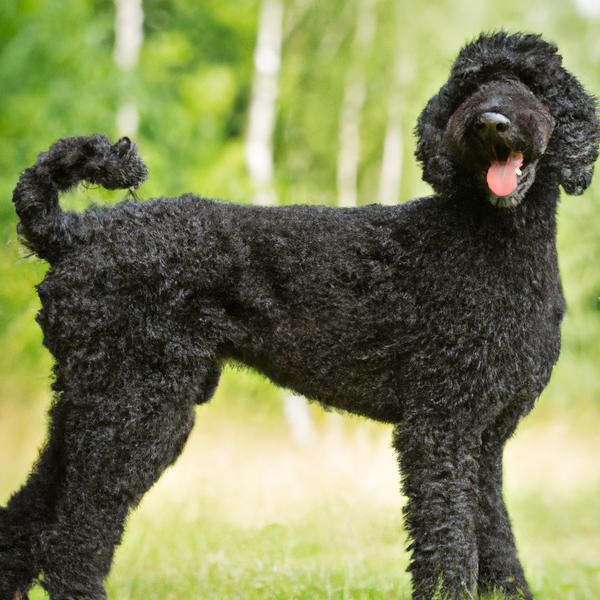
Curly Coated Retriever
Wire Foxker vs Curly Coated Retriever
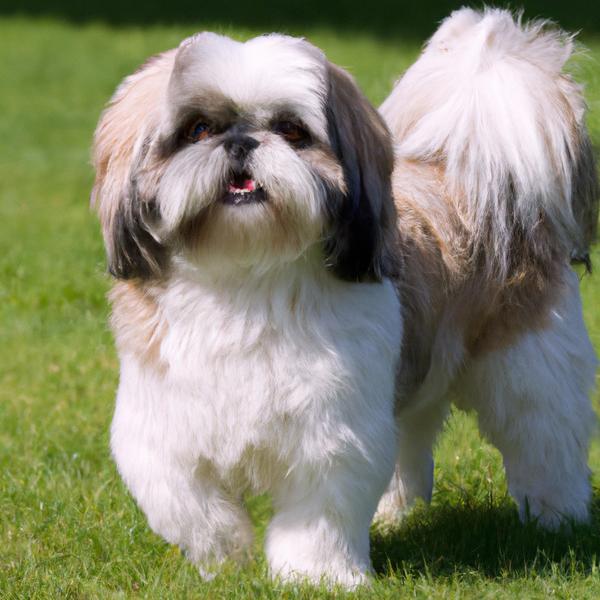
Auss-Tzu
Wire Foxker vs Auss-Tzu

Shug
Wire Foxker vs Shug
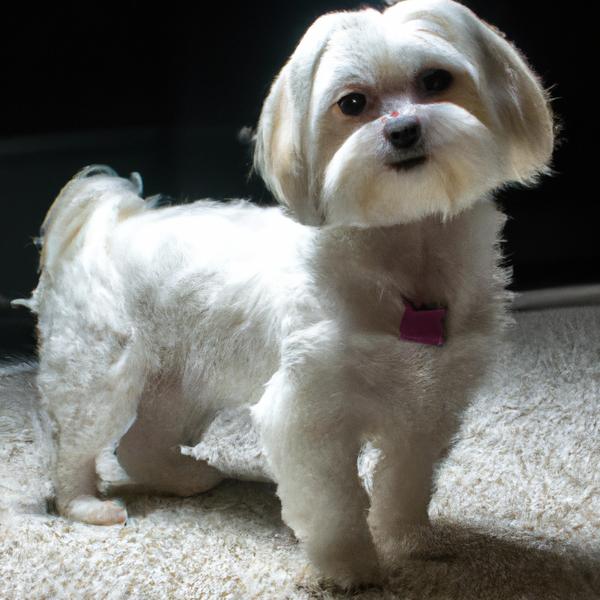
Weshi
Wire Foxker vs Weshi
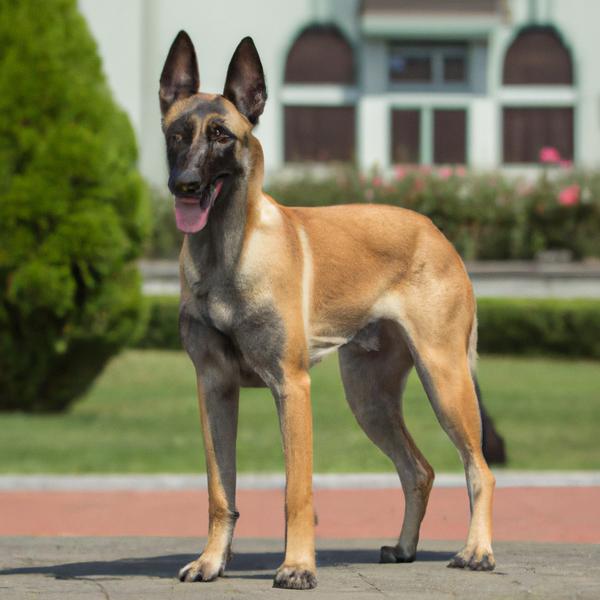
Belgian Malinois
Wire Foxker vs Belgian Malinois
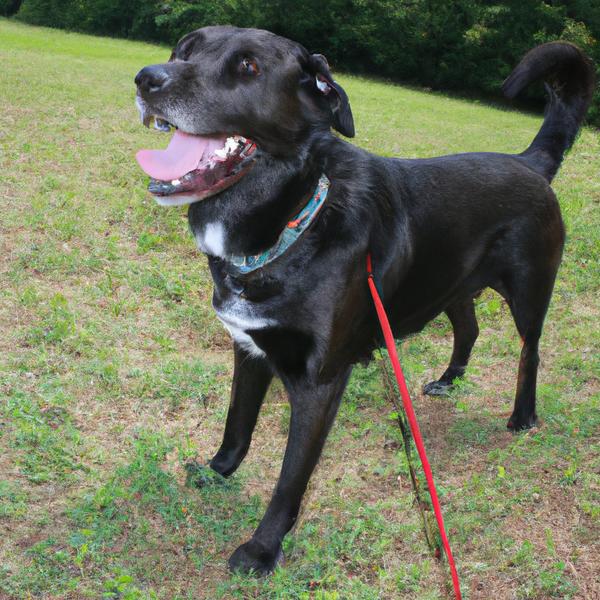
Labrottie
Wire Foxker vs Labrottie
